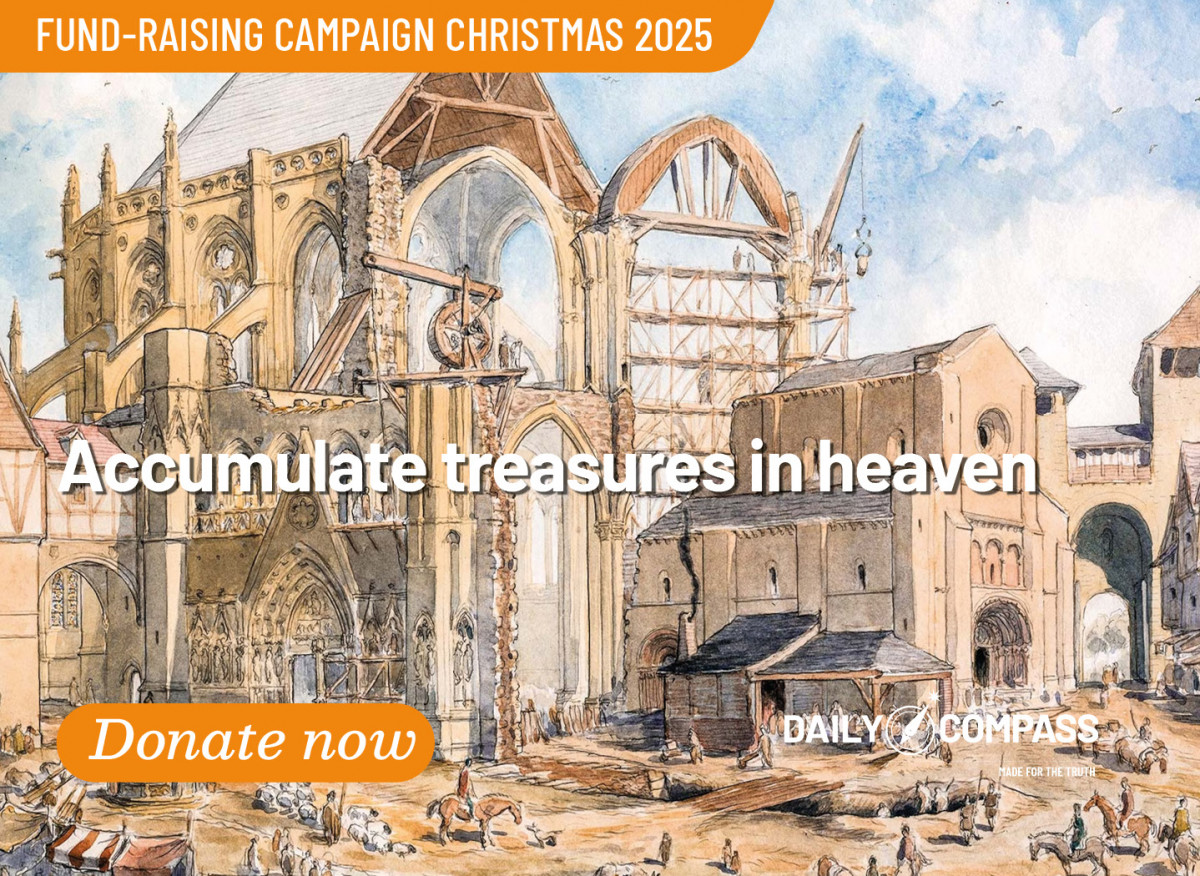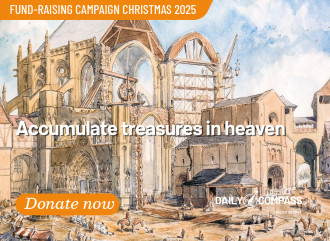Deepening our understanding of the Word of God
“He will bring those wretches to a wretched end and he will rent the vineyard to other tenants.” (Matthew 21: 40)
Jesus said to the chief priests and the elders of the people: “Listen to another parable: There was a landowner who planted a vineyard. He put a wall around it, dug a winepress in it and built a watchtower. Then he rented the vineyard to some farmers and moved to another place. When the harvest time approached, he sent his servants to the tenants to collect his fruit. “The tenants seized his servants; they beat one, killed another, and stoned a third. Then he sent other servants to them, more than the first time, and the tenants treated them the same way. Last of all, he sent his son to them. ‘They will respect my son,’ he said.
“But when the tenants saw the son, they said to each other, ‘This is the heir. Come, let’s kill him and take his inheritance.’ So they took him and threw him out of the vineyard and killed him.
“Therefore, when the owner of the vineyard comes, what will he do to those tenants?”
“He will bring those wretches to a wretched end,” they replied, “and he will rent the vineyard to other tenants, who will give him his share of the crop at harvest time.”
Jesus said to them, “Have you never read in the Scriptures: “‘The stone the builders rejected has become the cornerstone; the Lord has done this, and it is marvellous in our eyes’”?
“Therefore I tell you that the kingdom of God will be taken away from you and given to a people who will produce its fruit. When the chief priests and the Pharisees heard Jesus’ parables, they knew he was talking about them. (Matthew 21: 33-43; 45)
Jesus is the stone rejected by the builders who, in spite of them, has become the cornerstone. Just as a corner unites two walls that otherwise do not meet, so too does Jesus unite universally through his Church – which he heads both in time and space – all men of good will. His Universal Church unites the people from his own human bloodline (the Jews) with those who come to him from paganism (that is, you and I). The Church’s pastors are not lords over God’s Grace, but rather its administrators for the benefit and protection of the souls of our brothers and sisters. For our part, each of us as faithful Christians must deepen our understanding of the Word of the Lord and not replace it with our own reasoning to adapt it to today’s worldly views for our own conveniences and pleasures.




